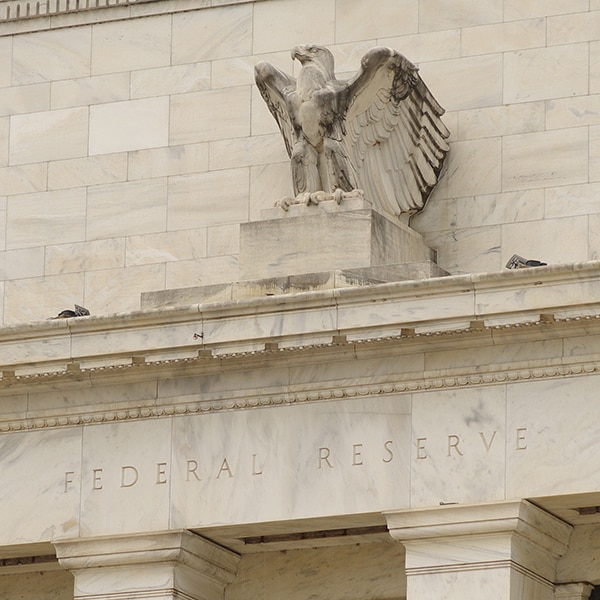
Weekly Financial Trends and Insights
Every week in our Key Wealth Institute emails, we dive into trending topics and their potential impacts to investors to deliver timely insights and advice from our in-house experts. Here, you’ll find all of our Key Questions in one place, so you always have access to the latest market information.

Writing about the topic of war is not something that I like doing. While I have tremendous respect for those who valiantly serve or have served our country and their families who courageously support them, I have no firsthand experience with warfare.

The House of Representatives on May 22, passed the One Big Beautiful Bill, reflecting the tax and spending priorities of President Trump and Congressional Republicans. The bill now heads to the Senate, where it will likely be changed. How the bill ultimately takes shape will become clearer over the next several weeks and months.

Attention is increasingly turning to the future independence of the Federal Reserve. Central to that debate is the fate of Fed Chair Jerome Powell.

In times of macroeconomic uncertainty, both equity and fixed income investors look to the credit markets for indications of economic deterioration and company distress. As of this writing (April 7, 2025), both equity and credit markets have continued their sell-offs associated with President Trump’s April 2nd tariffs policies.

Wednesday, April 2, 2025, US President Donald Trump announced new tariffs far greater and far broader than anticipated. As a result, and in brief, the impact associated with the president’s new trade policies may potentially cause short-term inflation to rise, economic growth to slow, recession risks to increase, and the geopolitical environment to be altered, possibly for decades to come.

Technology has become an increasingly dominant force in US stock markets – and thus in many investors’ portfolios. Over the past 15 years, tech companies have delivered standout growth and returns, causing broad market indices to tilt heavily toward the tech sector.
The Key Wealth Institute is comprised of financial professionals representing KeyBank National Association (KeyBank) and certain affiliates, such as Key Investment Services LLC (KIS) and KeyCorp Insurance Agency USA Inc. (KIA).
Any opinions, projections, or recommendations contained herein are subject to change without notice, are those of the individual author(s), and may not necessarily represent the views of KeyBank or any of its subsidiaries or affiliates.
This material presented is for informational purposes only and is not intended to be an offer, recommendation, or solicitation to purchase or sell any security or product or to employ a specific investment or tax planning strategy.
KeyBank, nor its subsidiaries or affiliates, represent, warrant or guarantee that this material is accurate, complete or suitable for any purpose or any investor and it should not be used as a basis for investment or tax planning decisions. It is not to be relied upon or used in substitution for the exercise of independent judgment. It should not be construed as individual tax, legal or financial advice.
The summaries, prices, quotes and/or statistics contained herein have been obtained from sources believed to be reliable but are not necessarily complete and cannot be guaranteed. They are provided for informational purposes only and are not intended to replace any confirmations or statements. Past performance does not guarantee future results.
Investment products, brokerage and investment advisory services are offered through KIS, member FINRA/SIPC and SEC-registered investment advisor. Insurance products are offered through KIA. Insurance products offered through KIA are underwritten by and the obligation of insurance companies that are not affiliated with KeyBank.
Non-Deposit products are: